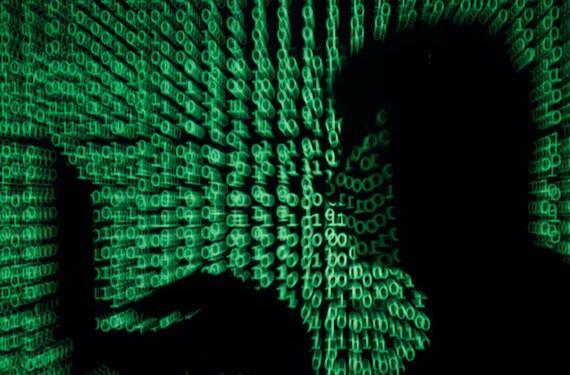
Chinese Man Wanted for Stealing Covid Data Held in Italy: US
The United States Department of Justice announced on July 8, 2025, that a Chinese state-sponsored contract hacker, Xu Zewei, was arrested in Italy at the request of Washington. The alleged hacker is accused of being part of a hacking group that stole COVID-19 vaccine secrets from the US on behalf of Chinese intelligence at the height of the pandemic in 2020.
Xu Zewei, a 35-year-old Chinese national, was arrested in Italy last week and is currently being held pending extradition to the United States. The US Department of Justice claims that Xu was part of a hacking group sponsored by the Chinese government, which was tasked with stealing sensitive information related to COVID-19 vaccine development from US companies.
According to the US Department of Justice, Xu and his co-conspirators used sophisticated hacking techniques to breach the networks of several US companies, including pharmaceutical companies, research institutions, and government agencies. The hackers stole sensitive information, including trade secrets, intellectual property, and non-public information related to COVID-19 vaccine development.
The US Department of Justice alleges that Xu and his co-conspirators stole this information on behalf of Chinese intelligence, with the goal of using it to gain a competitive advantage in the development of COVID-19 vaccines. The stolen information was reportedly used to help Chinese companies develop their own COVID-19 vaccines, including the Sinopharm and Sinovac vaccines.
The Chinese government has previously denied any involvement in the hacking of US companies, stating that the allegations are “baseless” and “unsubstantiated”. However, the US Department of Justice claims that it has extensive evidence linking Xu and his co-conspirators to the Chinese government, including communications with Chinese intelligence officials and financial transactions linked to the hacking operation.
The arrest of Xu Zewei is the latest in a series of high-profile hacking cases involving Chinese nationals. In recent years, the US Department of Justice has brought charges against several Chinese nationals accused of hacking into US companies and stealing sensitive information.
The COVID-19 pandemic has been a major focus of Chinese espionage efforts, with the US Department of Justice accusing Chinese intelligence of attempting to steal sensitive information related to COVID-19 vaccine development, treatment, and testing. The US Department of Justice has also accused Chinese intelligence of attempting to disrupt global supply chains and steal sensitive information related to COVID-19 testing and treatment.
The arrest of Xu Zewei is a significant development in the effort to hold accountable those responsible for stealing sensitive information related to COVID-19 vaccine development. The US Department of Justice is working closely with international partners to track down and prosecute those responsible for these types of crimes.
The implications of this case are significant, not only for the US but also for the global effort to develop and distribute COVID-19 vaccines. The theft of sensitive information related to COVID-19 vaccine development can have serious consequences, including delayed vaccine development, compromised vaccine safety, and reduced global access to life-saving vaccines.
The Chinese government’s denial of any involvement in the hacking operation is unlikely to be taken seriously, given the extensive evidence linking Xu and his co-conspirators to the Chinese government. The case highlights the need for greater international cooperation to combat cybercrime and protect sensitive information related to global health crises.
In conclusion, the arrest of Xu Zewei is a significant development in the effort to hold accountable those responsible for stealing sensitive information related to COVID-19 vaccine development. The case highlights the need for greater international cooperation to combat cybercrime and protect sensitive information related to global health crises.
Source:



